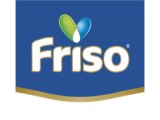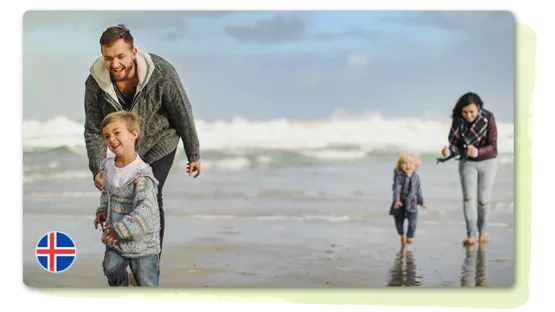
Natural Parenting in Iceland: Flexibility and Balance
Not only is Iceland known as one of the best places in the world to be a mum1, it’s also the world’s best place for working parents2, thanks to the flexibility and benefits both parents enjoy when it comes to raising kids. Here are some unique Icelandic traits that give every parent quality time with their kids.
Icelandic parents enjoy more time with their newborns
Whether they are at work or university, mothers and babies are welcome everywhere – even in parliamentary sessions3. The reason for this is pragmatic: babies need to stay close to their mums during this crucial stage of development.
Also, more than anywhere else in the world, babies in Iceland might just enjoy more time and care from their dads. Close to 90% of fathers take their mandatory 3 months’ paternity leave, and research shows that Icelandic dads continue to be involved in their kid’s childhood4.
Icelandic parents do everything together with their kids
Beyond the newborn stage, Icelandic parents have access to a wealth of activities and facilities that make it easier to bring their children around5. By simply including their kids in as many of their life experiences as possible, the precious moments and memories they share enable children to bond naturally closer with their parents.
Icelandic kids learn to balance closeness and independenceAs they grow older, children are encouraged to walk, play and explore the beautiful outdoors without adult supervision5. Though this may seem unusual in some cultures, it’s actually normal in Iceland and it helps that the crime rate is very low! Whatever they choose to do, at the end of every day, families make it a point to have supper and quality time together.
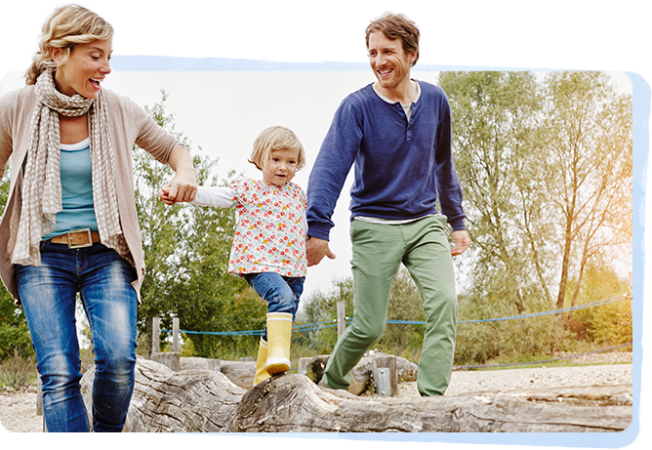
How Icelandic Mums (and Dads) Grow
Mums and dads learn to balance their work and social commitments while staying involved in their children’s development. Free from any pressure to choose between family and career, parents share child rearing responsibilities while having the space and time for themselves to grow as individuals.
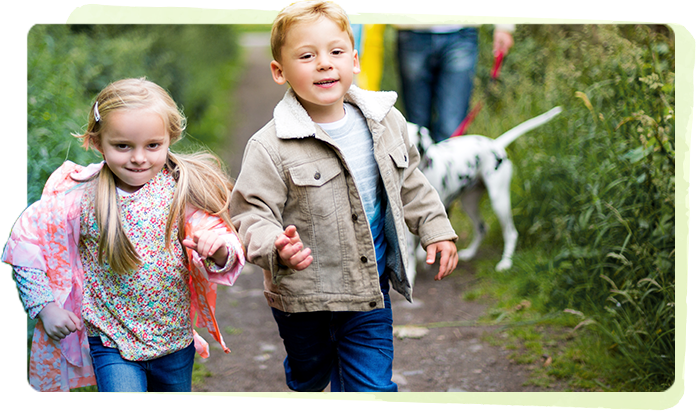
How Icelandic Kids Grow
With a unique combination of parental closeness and being allowed out on their own, Icelandic kids become independent and confident in expressing themselves to adults in various social situations, while forging strong family bonds.
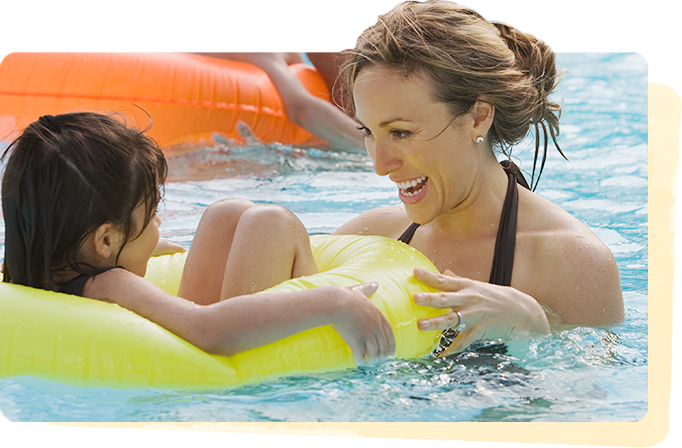
Easy Parenting Tips to try at home!
- Plan common activities that everyone in the family can join in and bond over!
- This can be as simple as chilling out in the pool, cycling or hiking together.
- Most importantly, pick activities that both you and your child enjoy!
References:
- https://icelandmag.is/article/iceland-third-best-place-world-be-a-mother-according-save-childrens-annual-report
- https://money.cnn.com/gallery/news/economy/2013/08/12/best-countries-working-parents/index.html
- https://qz.com/810107/icelandic-member-of-parliament-unnur-bra-konradsdottir-breastfed-her-baby-while-speaking-to-the-parliament/
- https://www.theguardian.com/lifeandstyle/2016/oct/24/iceland-best-place-to-be-women-equal-gender-maternity
- https://cupofjo.com/2016/07/parenting-in-iceland/
